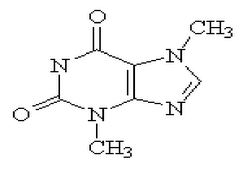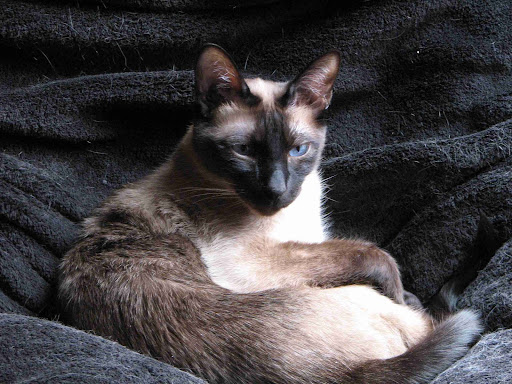Reportedly, Benny's book endorses Theistic Evolution, ie. accepting that the facts of natural history are as modern science says, only that God guided the process in some way. However, that "in some way" allows a lot of wiggle room, from positions in which theology is just so much superfluous (if poetic) window-dressing on science, to ones which verge on some flavour of ID or creationism. John Pieret at Thoughts In A Haystack seems to take the optimistic view, but I'm not so sure. From the ctv.ca article (emphasis mine):
"The question is not to either make a decision for a creationism that fundamentally excludes science, or for an evolutionary theory that covers over its own gaps and does not want to see the questions that reach beyond the methodological possibilities of natural science"and:
"But it is also true that the theory of evolution is not a complete, scientifically proven theory."Where have we heard those phrases before? The complaints about "gaps", "methodological naturalism" and "not proven"? Pope Benedict may have verbally rejected Intelligent Design along with crude creationism, but he has qualified his acceptance of evolution using boilerplate straight out of the ID/creationist movement's own phrase book. I'm not convinced. Is it possible that Theistic Evolution -- spun hard in a creationist direction -- could become the next stalking horse in the assault on science?Benedict added that the immense time span that evolution covers made it impossible to conduct experiments in a controlled environment to finally verify or disprove the theory.
"We cannot haul 10,000 generations into the laboratory," he said.
OTOH, my misgivings could just be the result of sloppy reportage.




3 comments:
He also said that "Charles Darwin's theories on evolution were sound." The first comment you cite appears to be simply a statement, perhaps inarticulate, of the methodological limitations of science that prevent it from dealing with the nature of God, with perhaps a bow to Hume's demonstration of the inability of empircism to justify itself.
The second is more worrisome but again may be a translation-mangled or reporter-mamgled (or Pope-mangled) statement of the tentative nature of science. But I agree it is tea leaf reading to try to figure out what this means via the preliminary news reports.
And while ID and theistic evolution may be antithetical religious positions on science, they are easy enough to slide between if you don't give a damn about consistency and honesty ... which means the Discovery Institute will find a way to spin this.
This isn't a book *by the Pope*. It's a collection of essays coming out of the Pope's meeting with former students last year, including a contribution by the Pope. I think there may even be something by scientists in there (there were scientists at his gathering). And the book doesn't seem to have been published yet, even in Germany -- I think Reuters got ahold of a copy.
Sure you can have 10,000 generations in the lab:
Lenski RE, Travisano M. (1994) Dynamics of adaptation and diversification: A 10,000-generation experiment with bacterial populations. Proc Natl Acad Sci USA 91: 6808-6814.
... I think they're up to 20,000 generations now.
Ford Denison
This Week in Evolution
Post a Comment